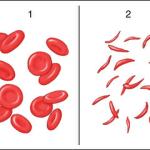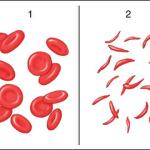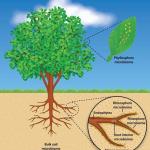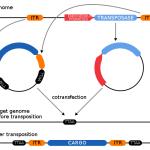Humans have practiced genetic modification, or genetic engineering (GE), of plants and animals through selection and breeding for more than 10,000 years. It’s called agriculture.
Genetic engineering
Humans have practiced genetic modification, or genetic engineering (GE), of plants and animals through selection and breeding for more than 10,000 years. It’s called agriculture.
During my lifetime, there have been several seminal breakthroughs in medicine that greatly changed our ability to prevent or treat disease. Part 1, below, describes several of them. I have a good idea of what some of the next ones will be.
Our conversation starts with Britain's King Charles and his past antagonism toward molecular genetic engineering.
I have a long-standing interest in sickle cell anemia, a genetic abnormality that is the scourge of approximately 100,000 Americans, primarily Black, who are afflicted with it.
How many people around the world are currently living in poverty? The World Bank reports that a little over 9%, or approximately 720 million people, are subsisting on less than US$2.15 a day.
There has been a great deal of buzz in recent years about the importance of the human microbiome; much of it focused on the gut microbiome and the importance of these mic
Join hosts Cameron English, Dr.
"Genetic Engineering" (GE) has been practiced by humans for more than 10,000 years, first by selecting and hybridizing plants.
Below is the text of a letter sent to officials at London's UnHerd Club in anticipation of an appearance there on July 18 of anti-science, anti-technology, anti-innovation activist Vandana Shiva.










